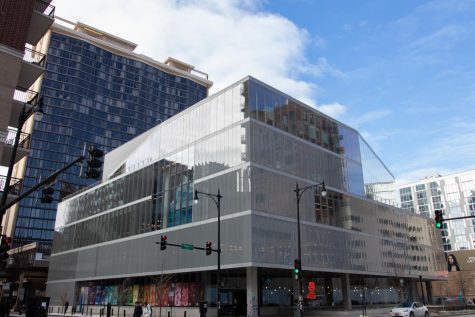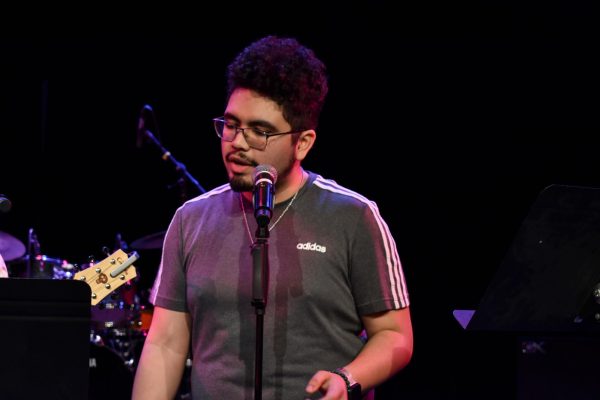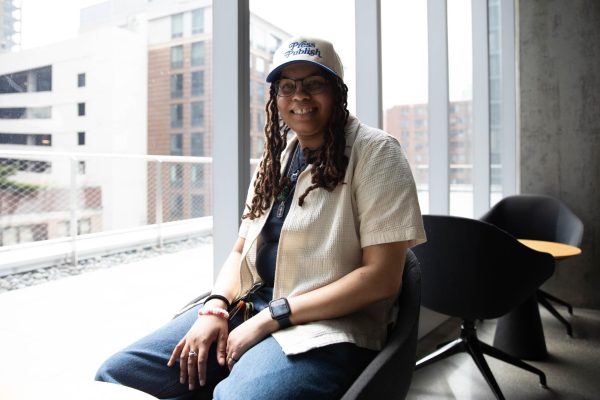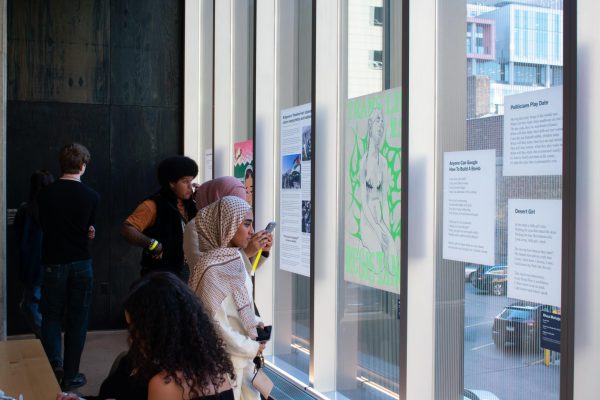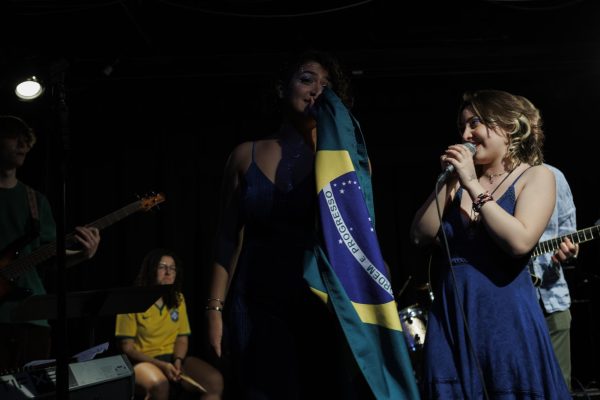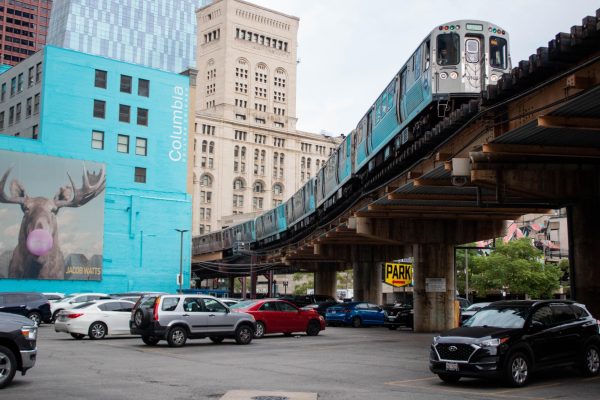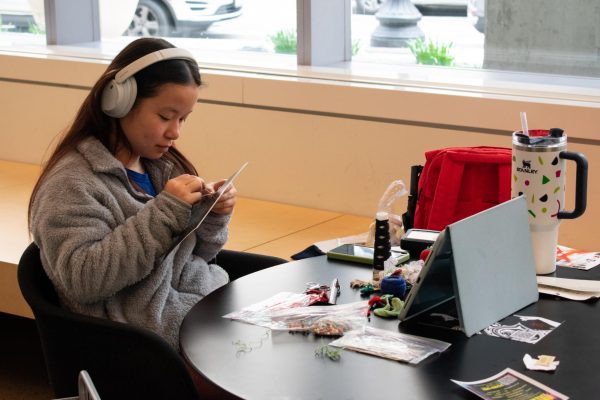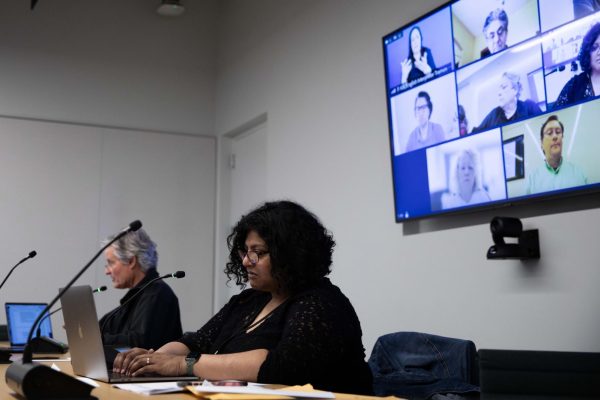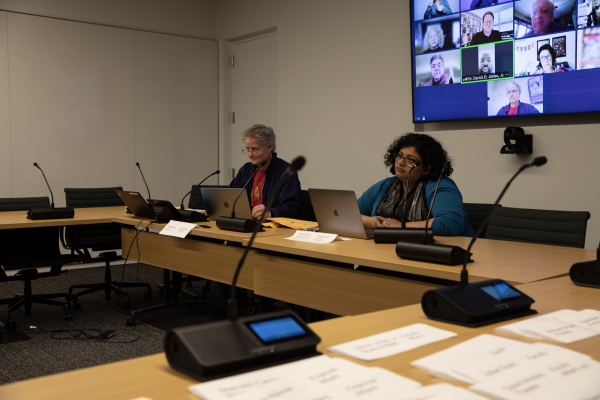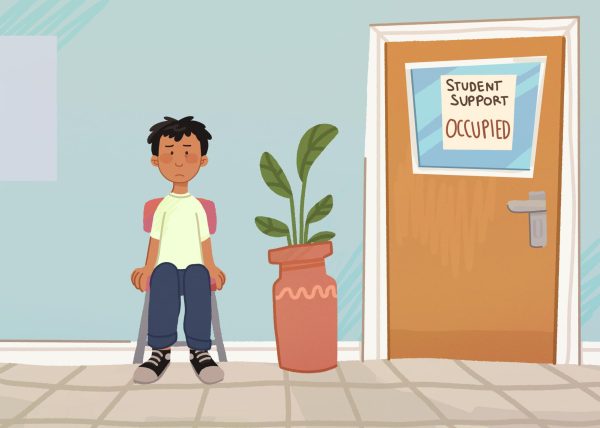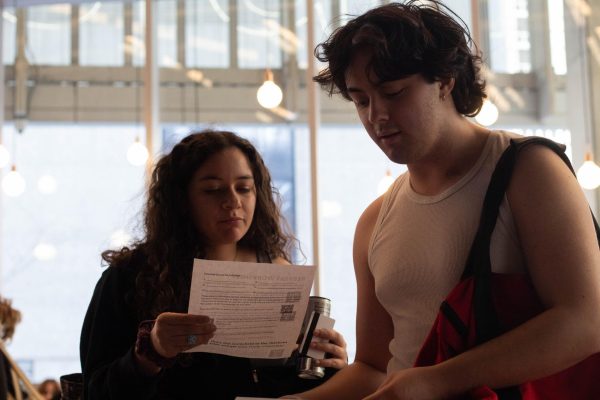Kozol leads artistic ‘Conversation’
October 27, 2008
A packed crowd of 600 teachers, students and supporters showed up to see educational activist and author Jonathan Kozol kick off the fifth season of Columbia’s “Conversations in the Arts” series.
In conjunction with Creative Nonfiction Week, Kozol spoke as a part of Columbia’s Founders Lectures series that has hosted such popular celebrities in the past as Lauren Bacall, Mary Tyler Moore, Julie Andrews and James Earl Jones. Kozol, a renowned activist and author of his revealing experiences working in inner-city schools in books like Death at an Early Age and Savage Inequalities, was a new direction for the Founders Lectures.
“The demographics of the audience are going to be very different than previous Conversations in the Arts,” said Micki Leventhal, director of media relations at Columbia.
Columbia’s Conversations in the Arts is a series that hosts influential cultural figures that illustrate the school’s values and teachings in a personal setting.
Future speakers for the event include Sir Ken Robinson, Anna Deavere Smith and Richard Florida. All speakers will examine Columbia’s mission statement touching on higher education, creativity, education and diversity.
An overflow of attendants sat in the Film Row Cinema at the 1104 Center, 1104 S. Wabash Ave., and watched as Kozol gave a presentation from a screen on the first floor, Leventhal said.
For more than 25 years, Kozol’s activism for equal education in inner-city schools has coincided with Columbia’s Bridge Program, which aims to prepare incoming Columbia students for the rigors of college the summer before they begin their first semester.
He has also received awards for activism, such as two Guggenheim Fellowships, and he’s a fellow of the Rockefeller, Field and Ford foundations. The lack of funding for schools that are populated with black and Hispanic children was the focus behind Kozol’s speech, as well as his activism.
“The most segregated schools in the country are in New York and Chicago, where 60 percent of black boys who enter the 9th grade will not make it to the 12th grade with their peers,” Kozol said.
Inner city schools are forced to place
tremendous testing pressures on elementary school students and make them accountable for their performance, Kozol said.
“They don’t just let kids live and learn, they steal away 6-year-olds’ recess so they can start getting students ready for the standardized tests they take in 3rd grade,” Kozol said.
Through his eye-opening tales of his experiences working with kids in East Boston and Harlem elementary schools in New York City, Kozol’s humorous antics kept the crowd smiling.
“I walked in to teach my first kindergarten class and wondered, ‘What do I do with people of that size?’ They are gerbils,” Kozol said.
Kozol, 72, continues to strive for equality and accessibility in schools and influences a wide range of people around the world.
“Many people got into teaching because of him; he has a longitudinal view of public education in America spanning 30 years,” said David Roche, director of the Officer of Arts Education for Chicago Public Schools.
As for the role of arts for students at colleges like Columbia, Kozol believes it is critical.
“Arts are absolutely essential for students in public schools and not just for kids in private [schools],” Kozol said.
As a private school in an urban location, Columbia is up to the mark, Kozol said.
“Columbia represents the cutting edge of moral decency in the arts and in almost every form,” Kozol said.



